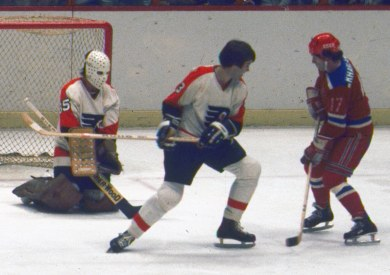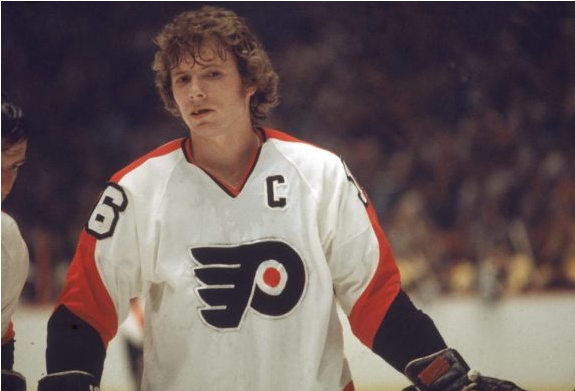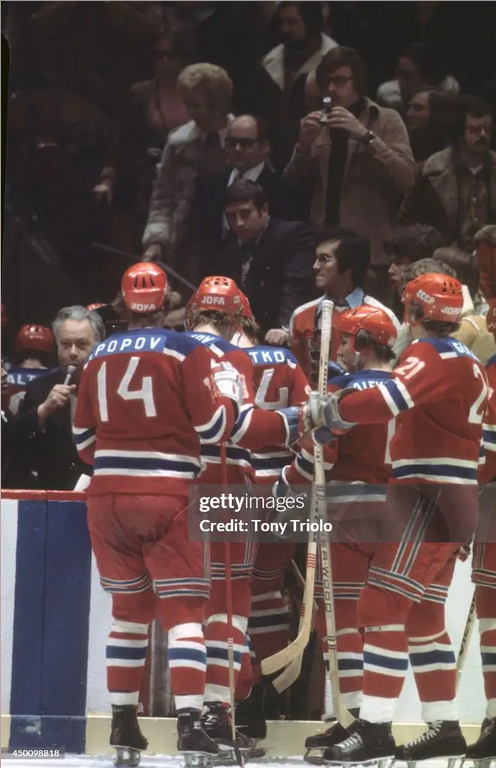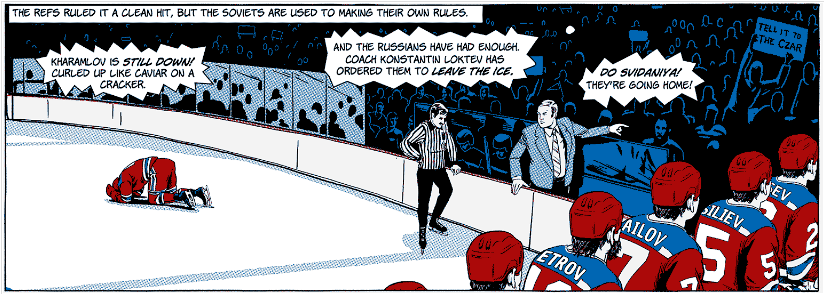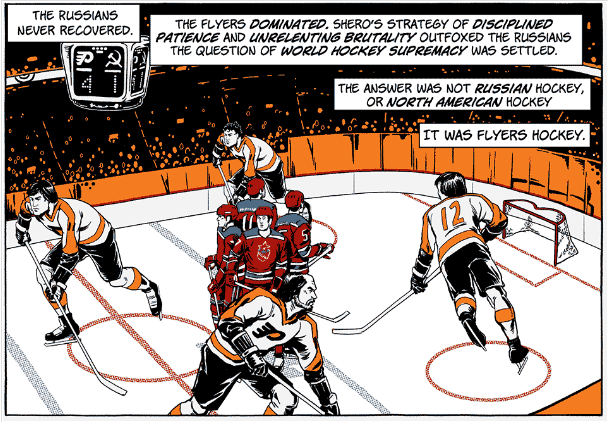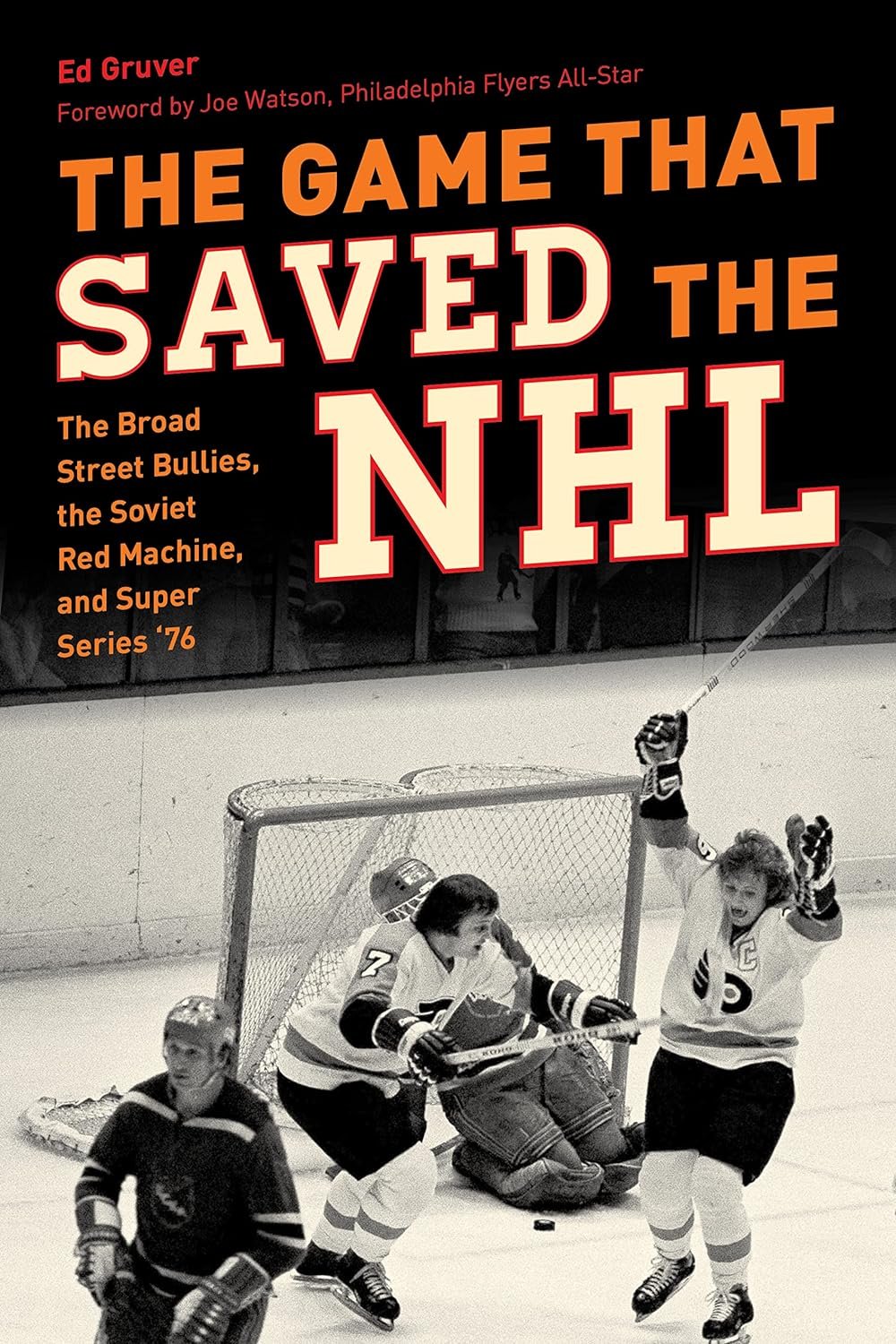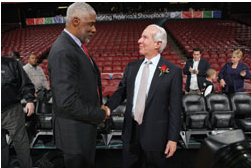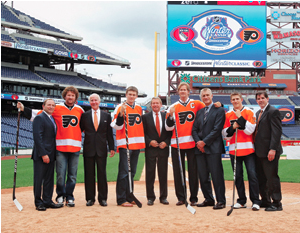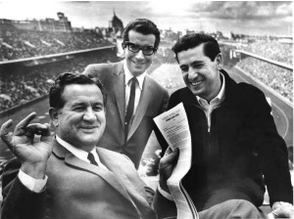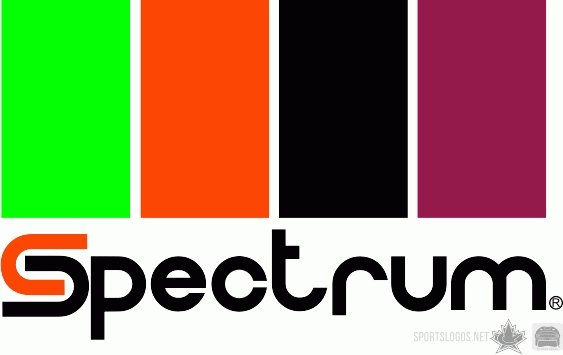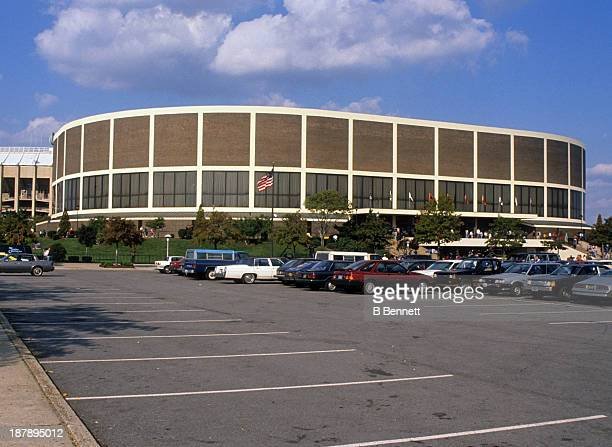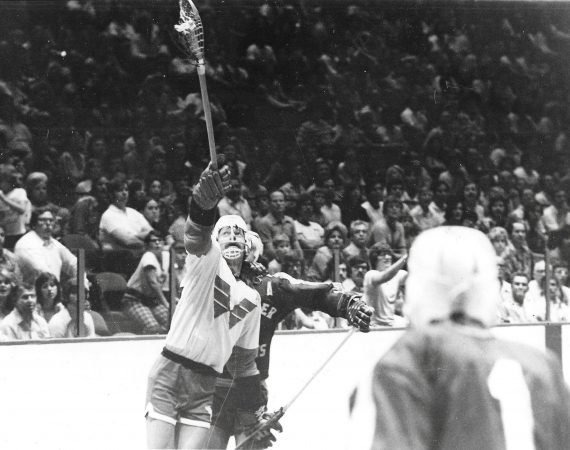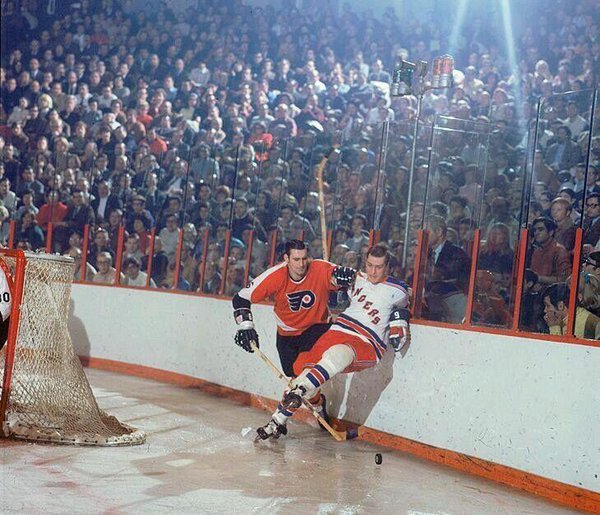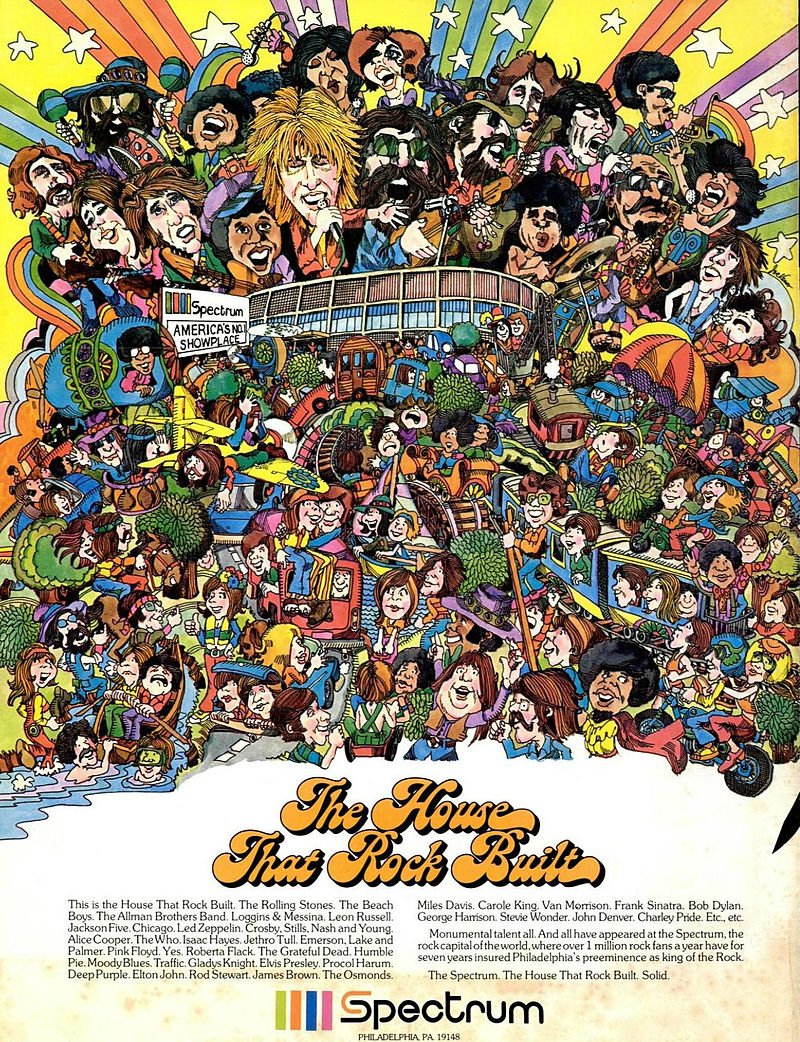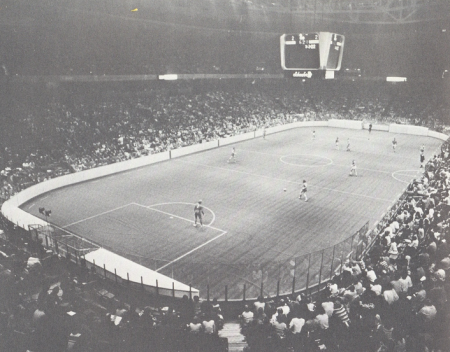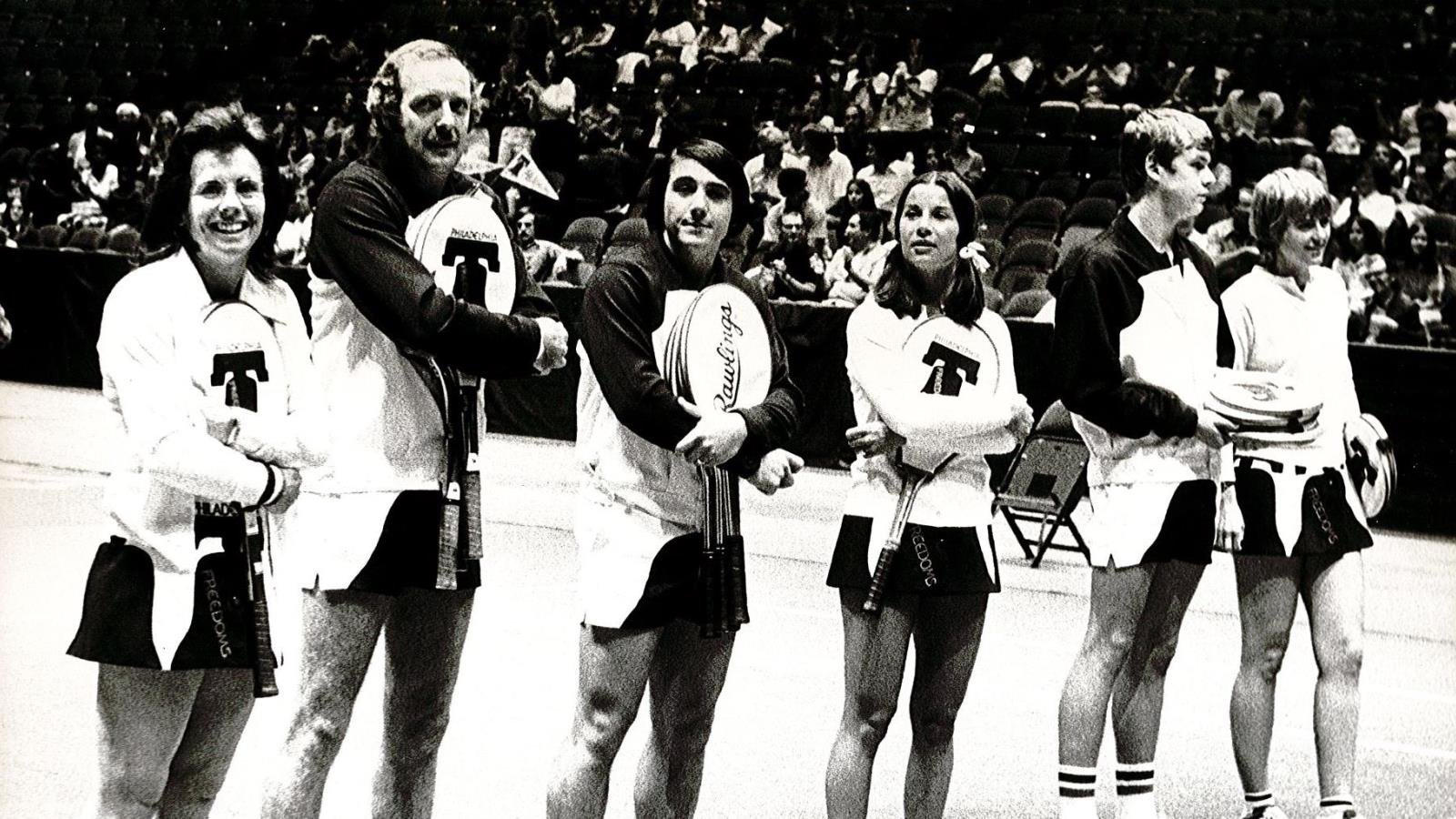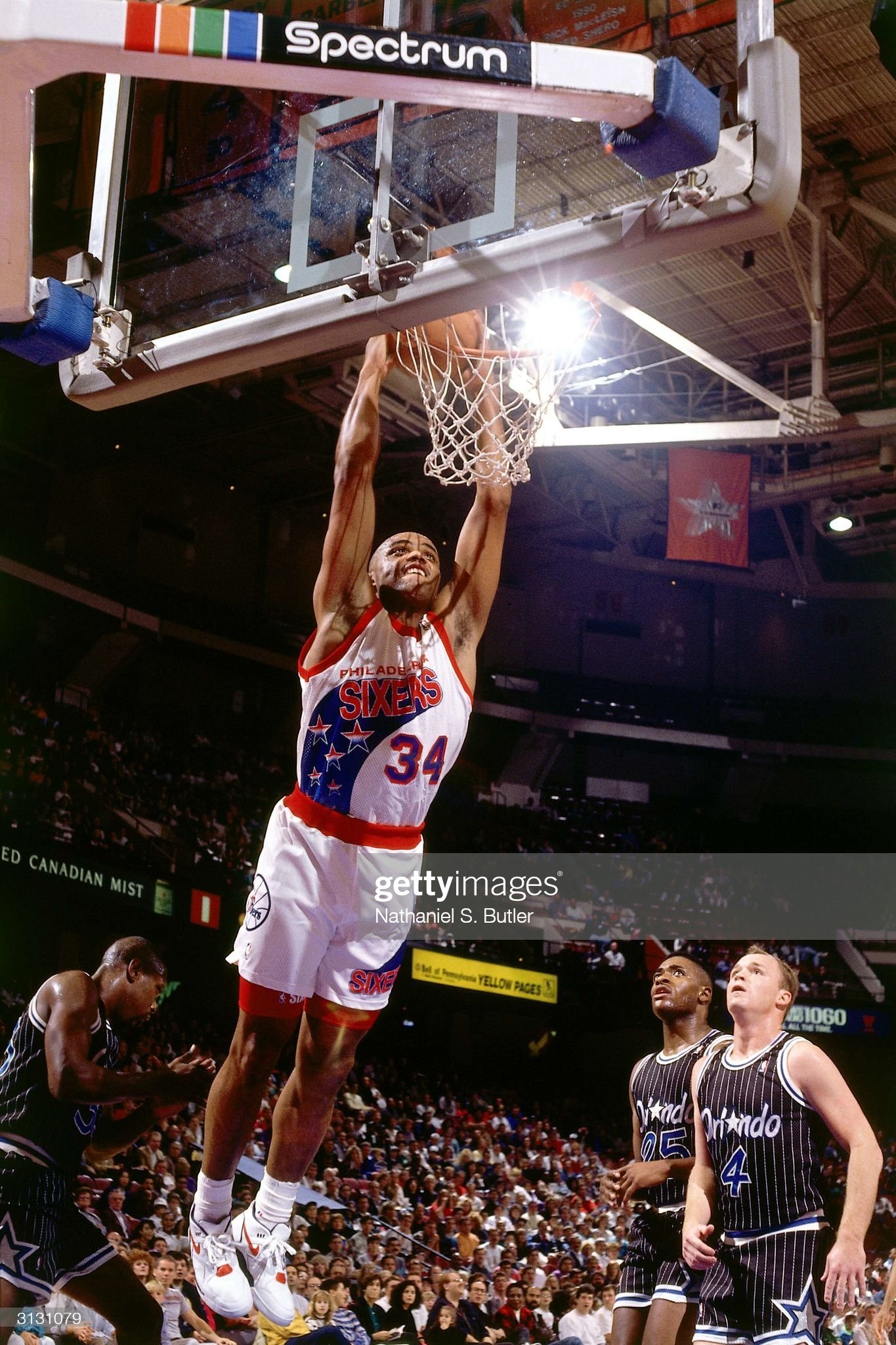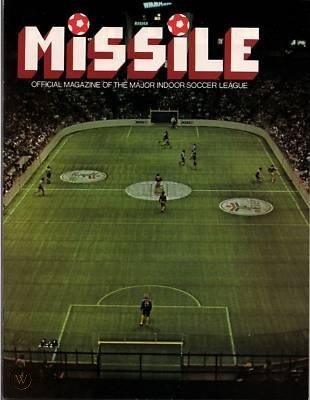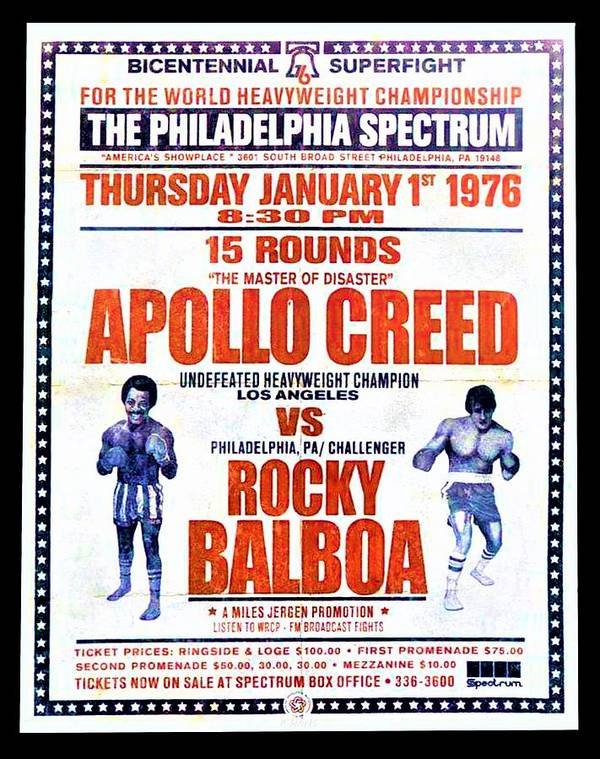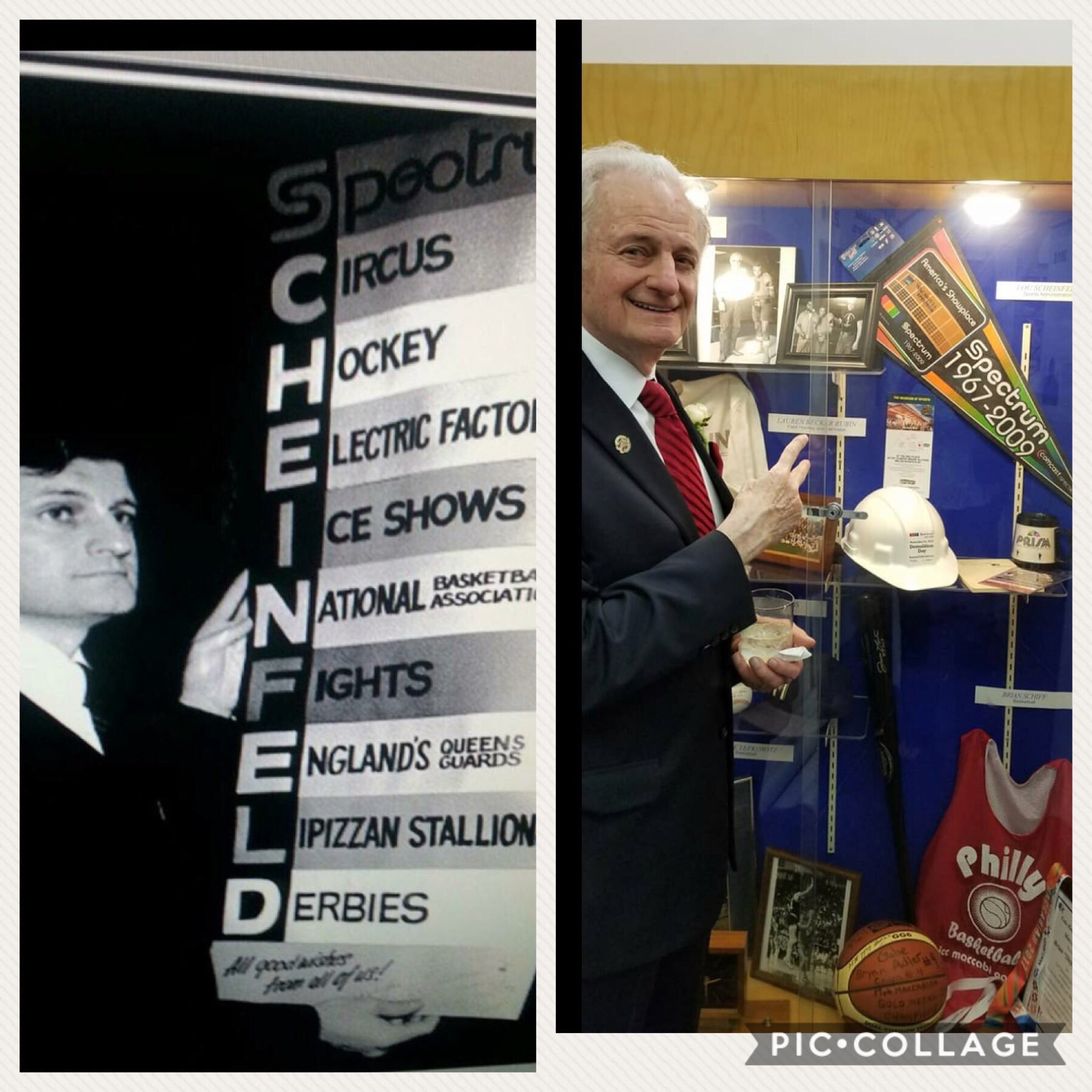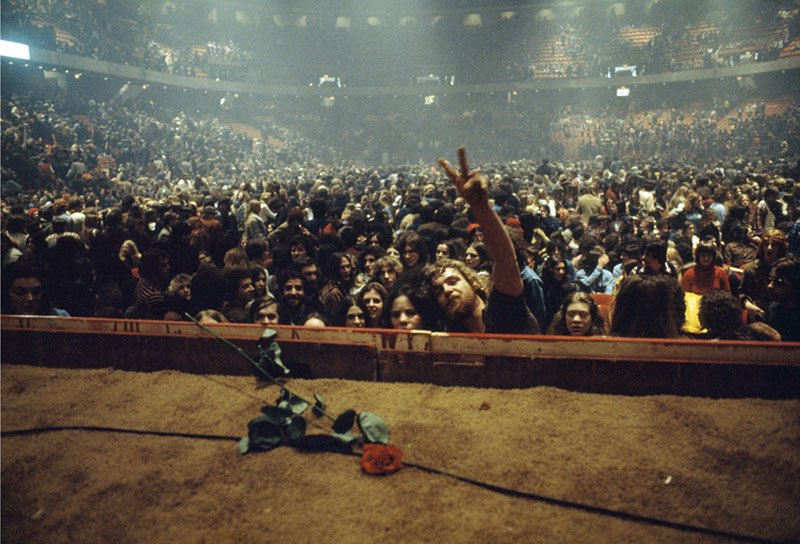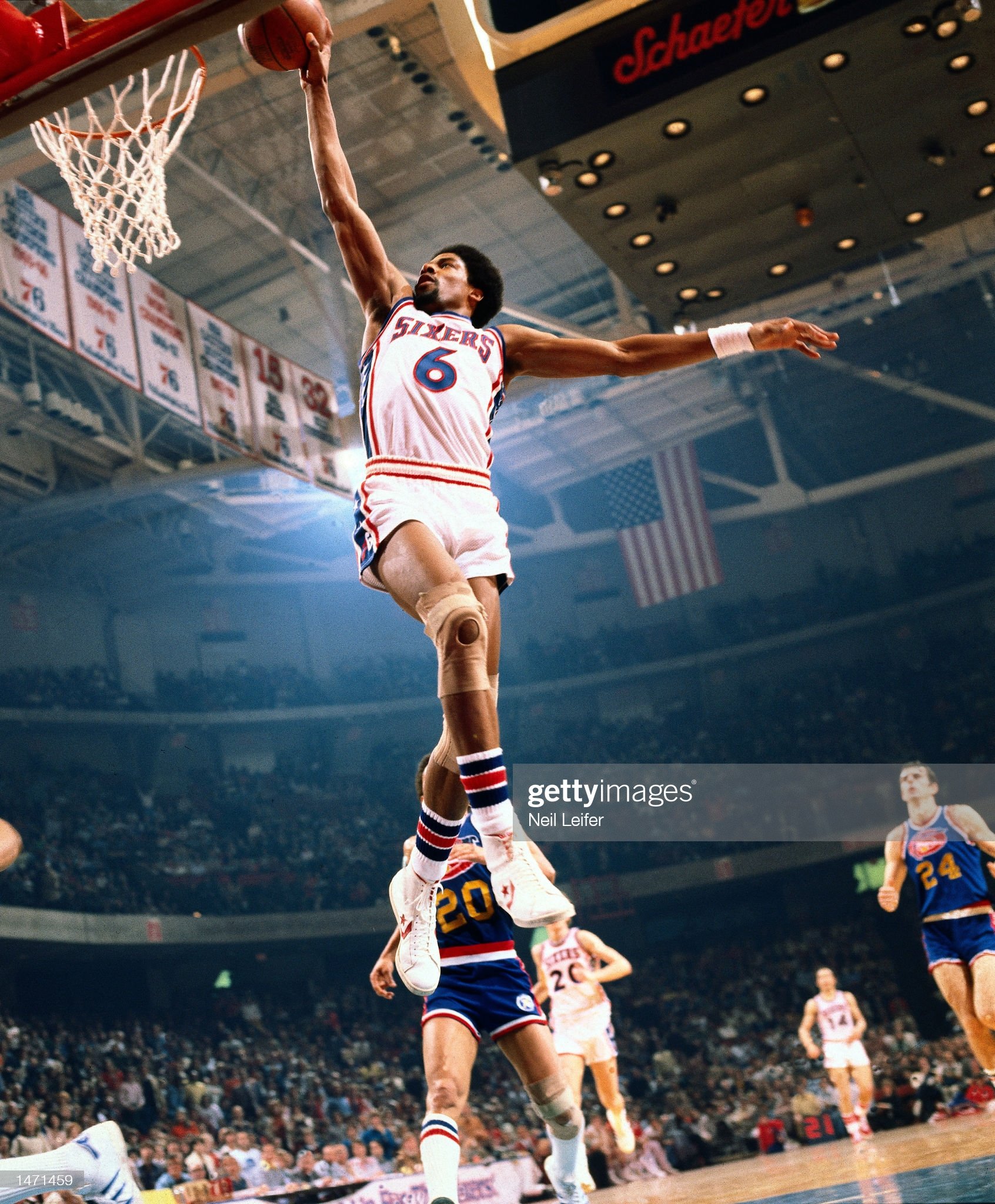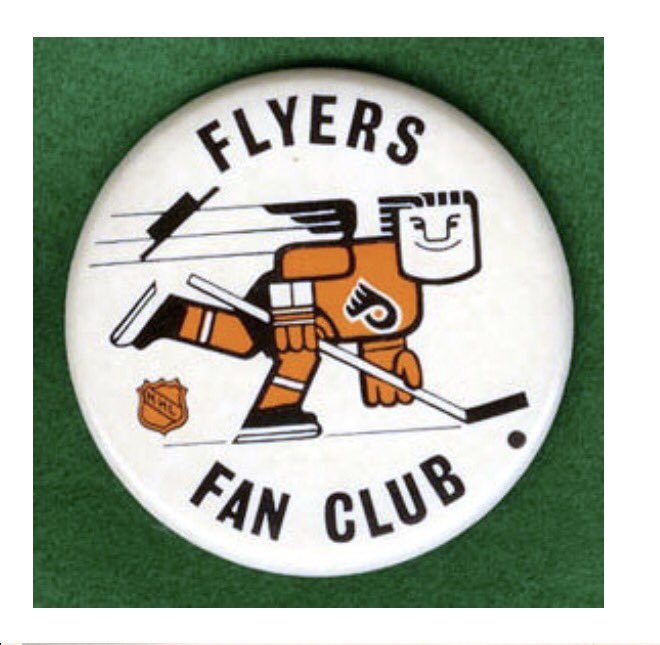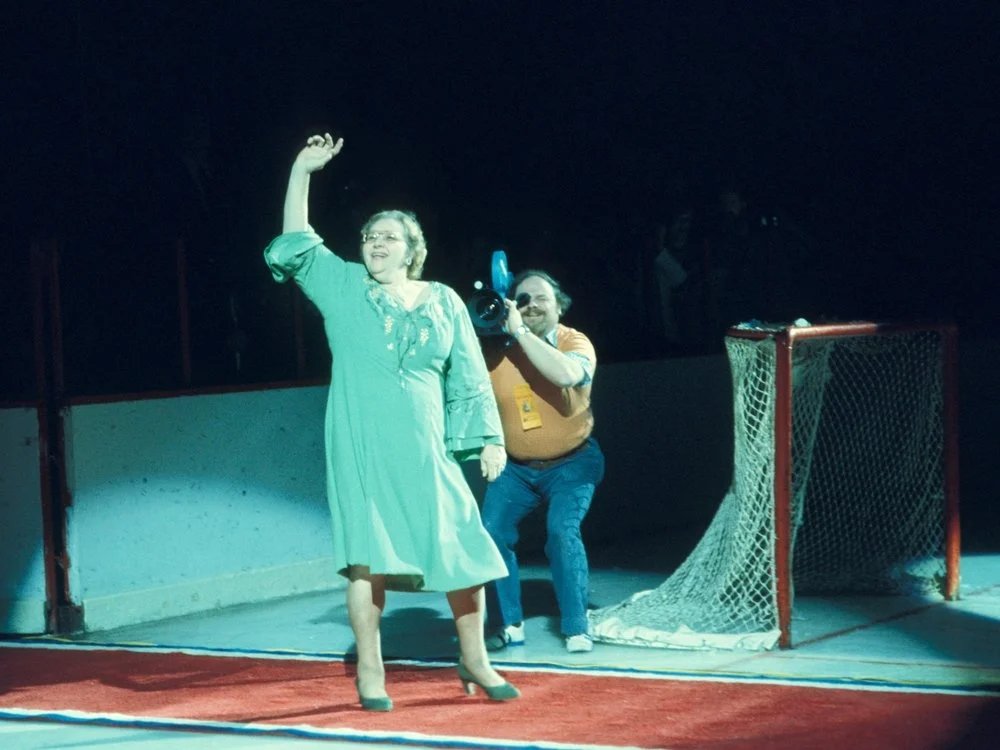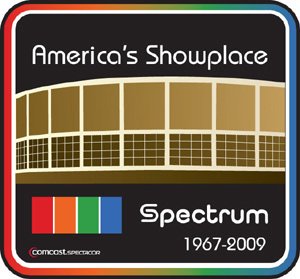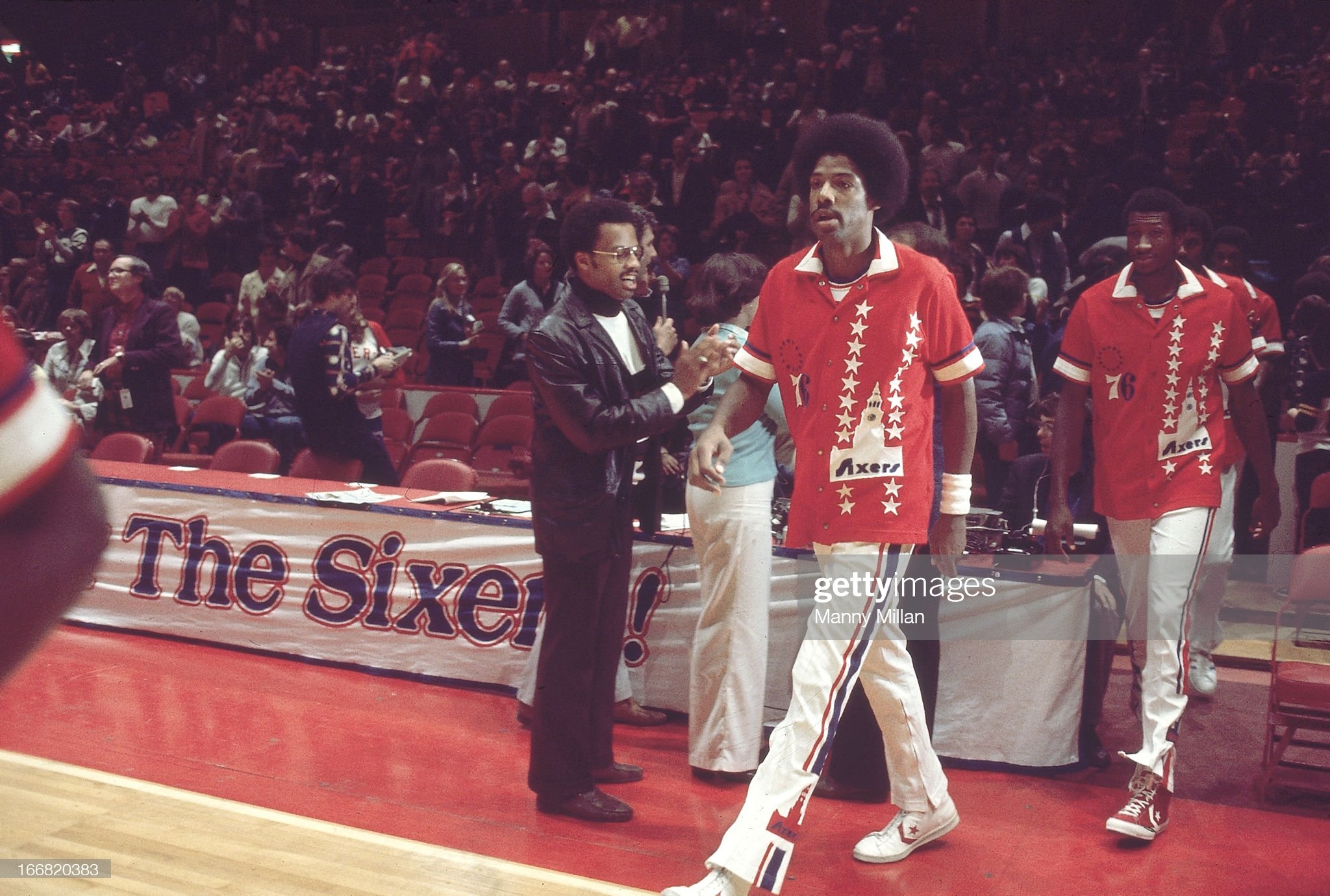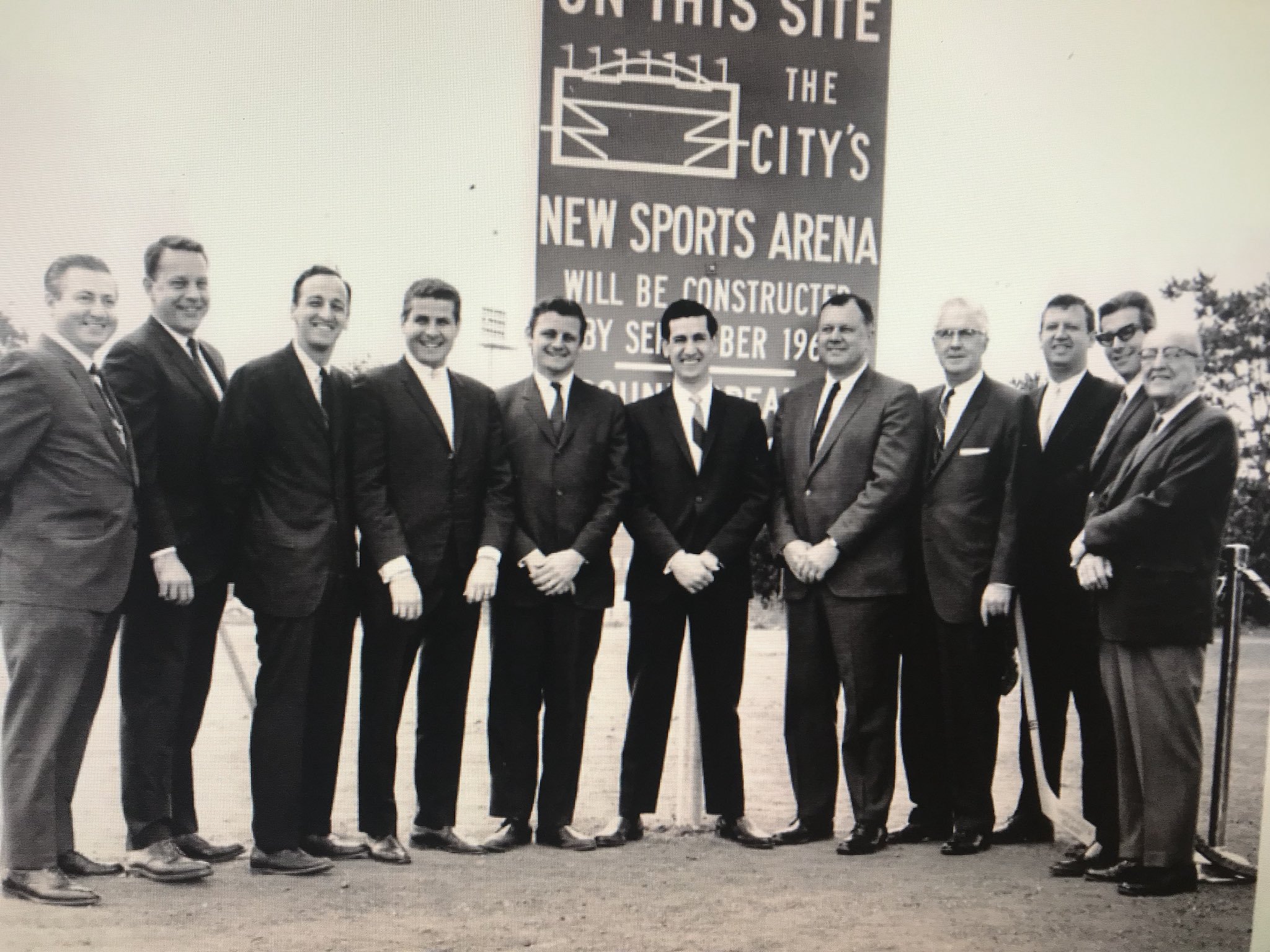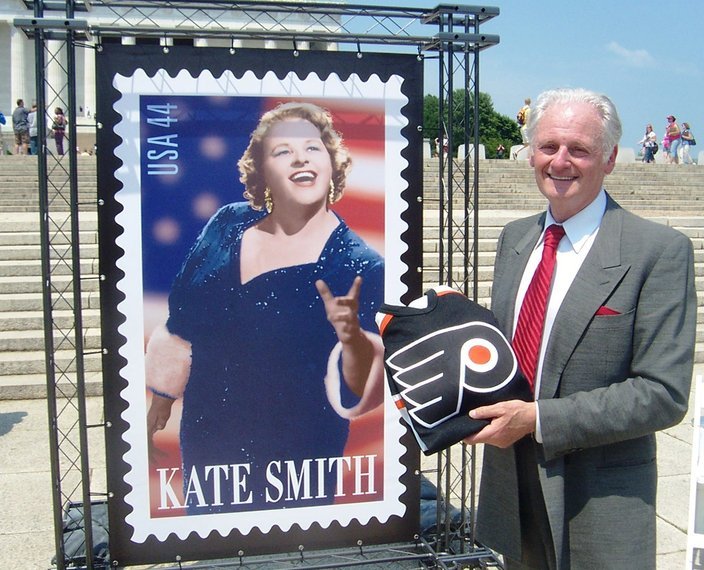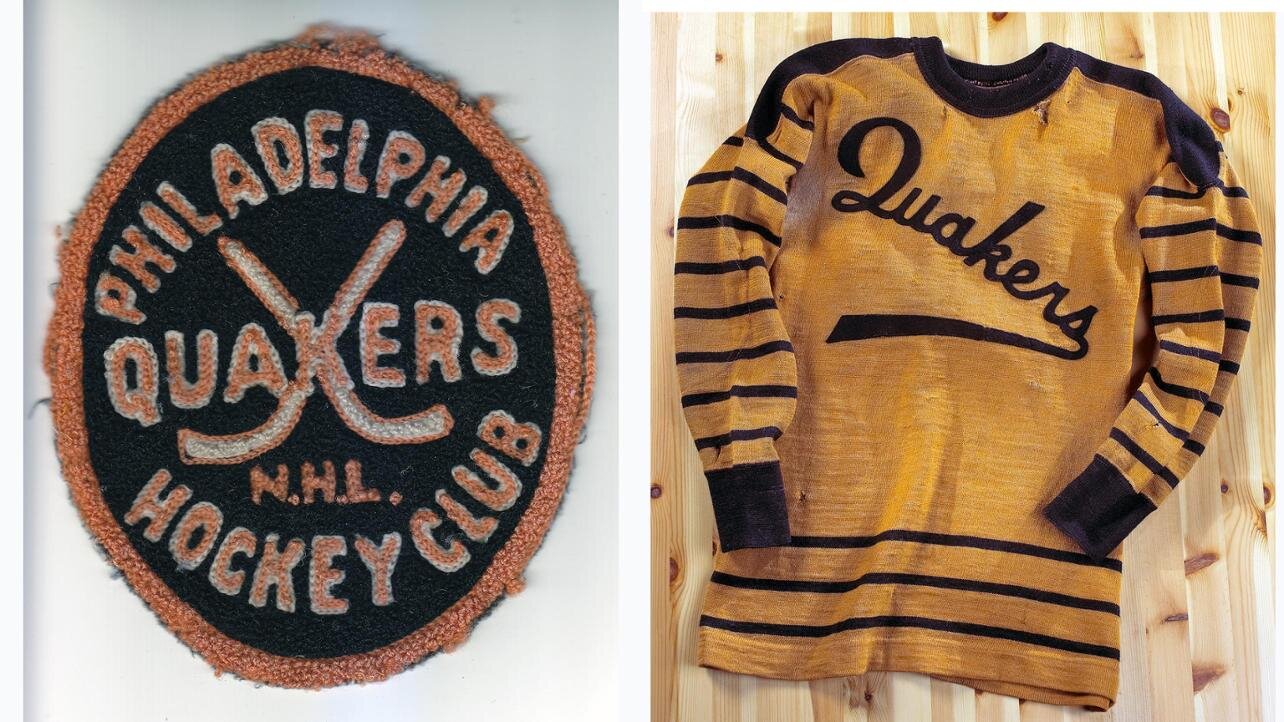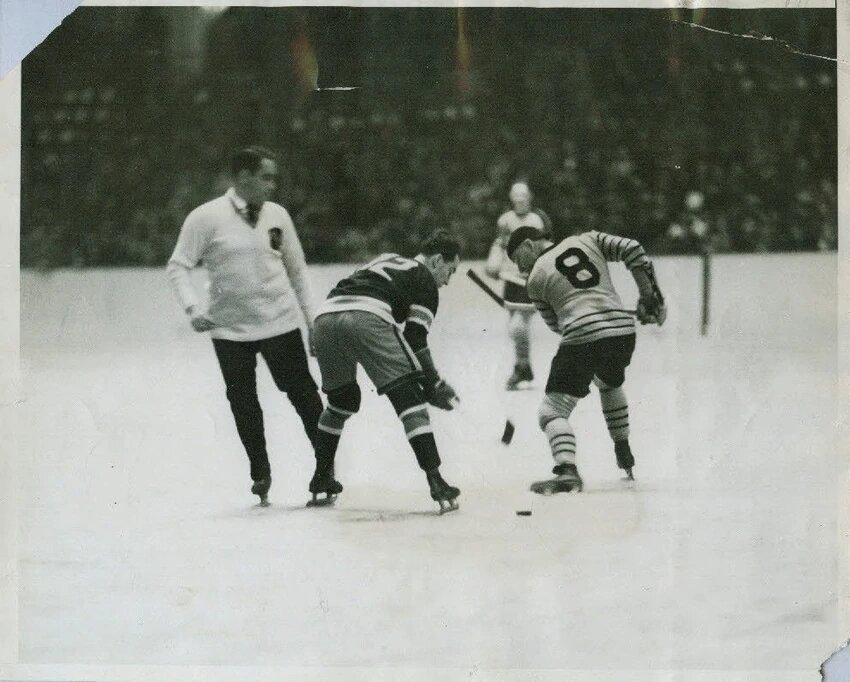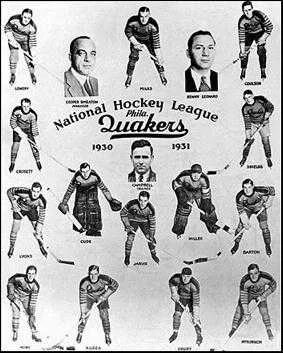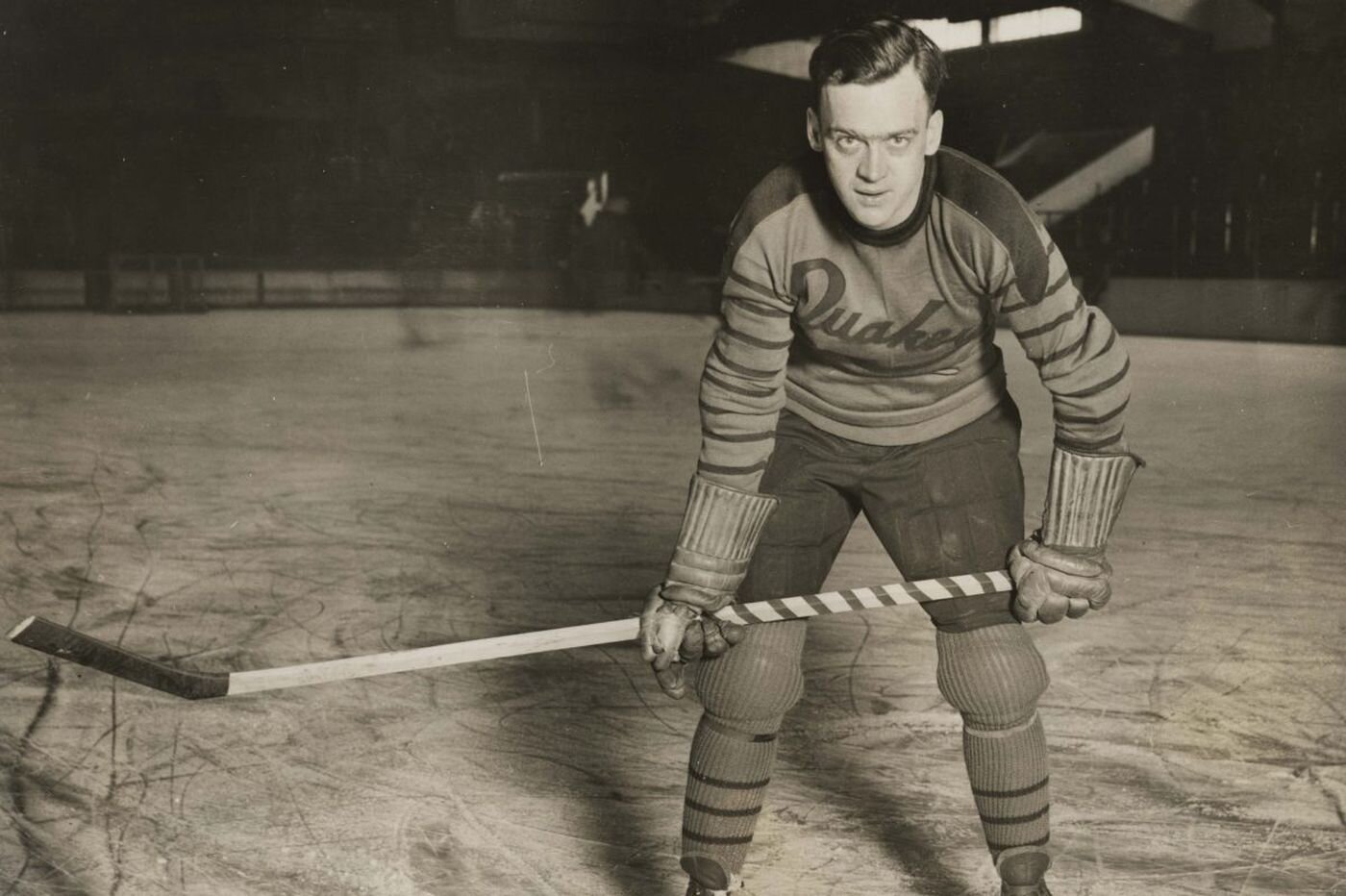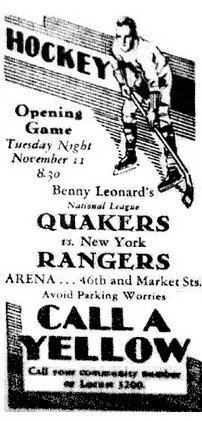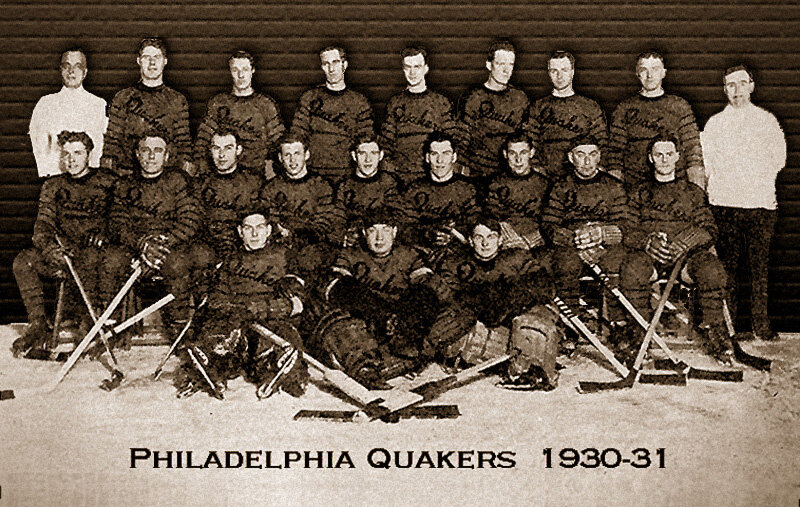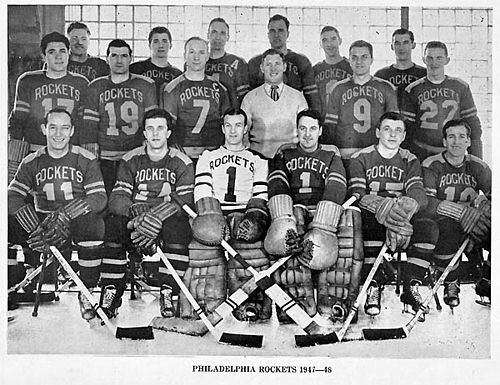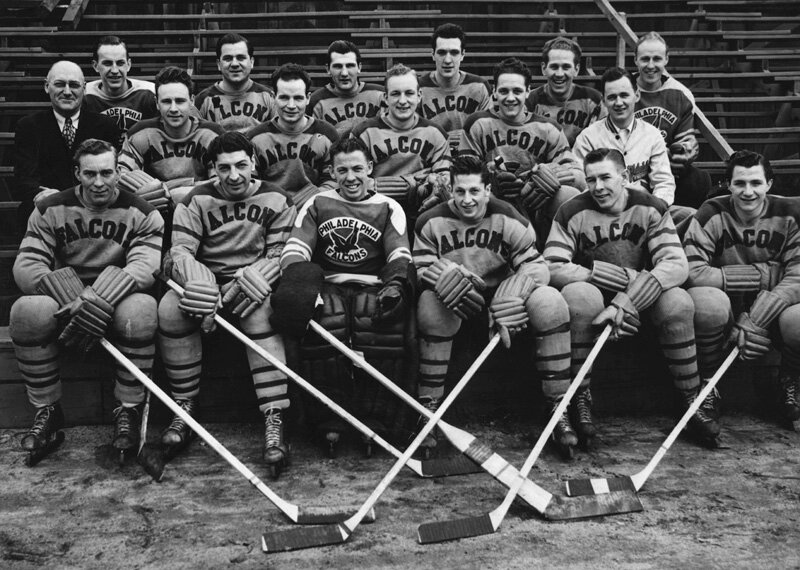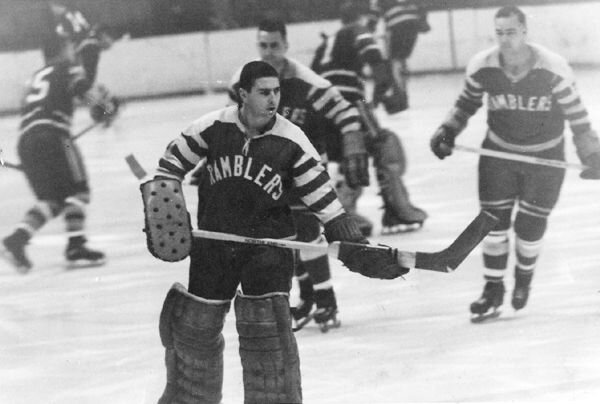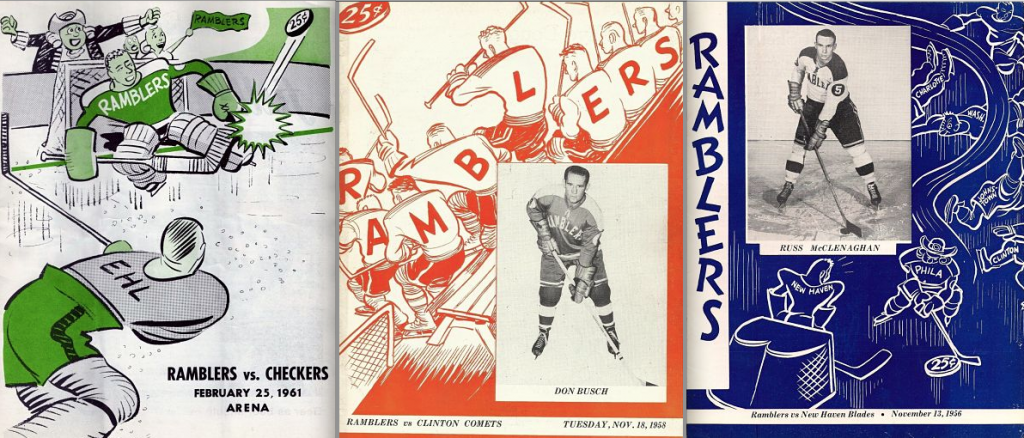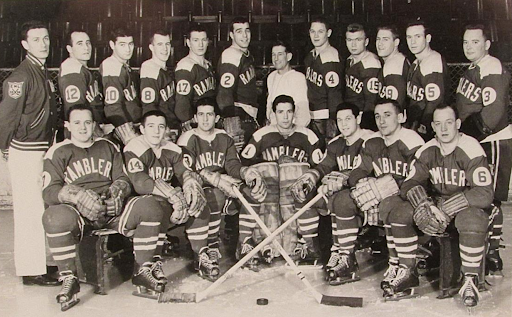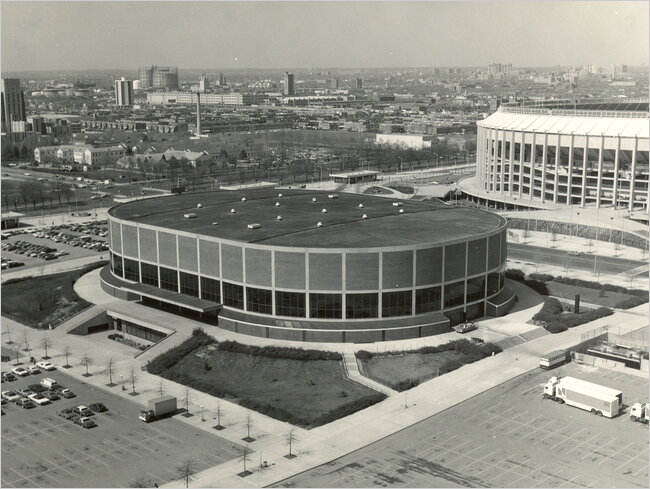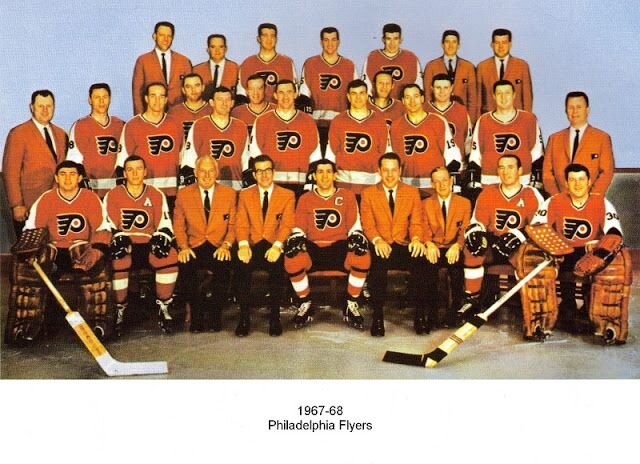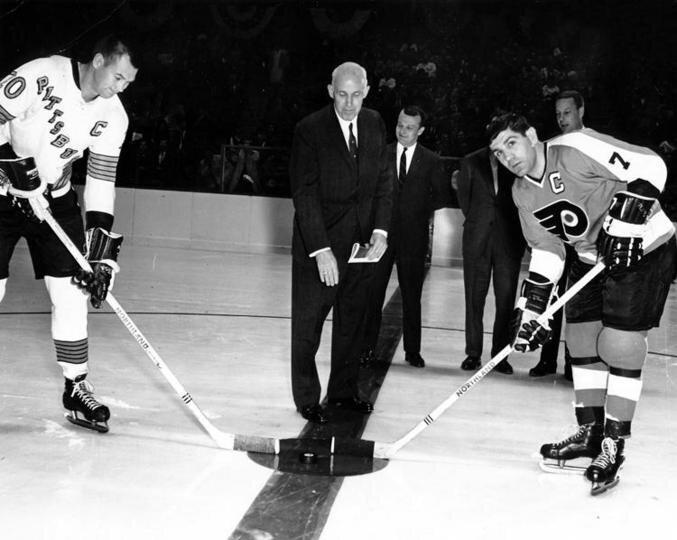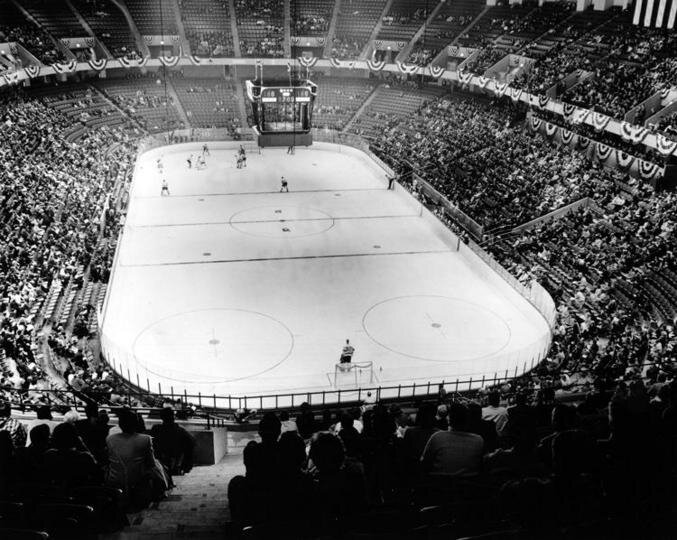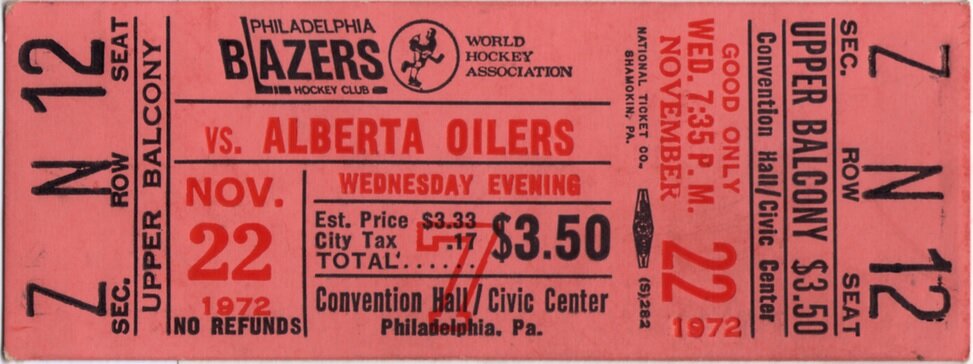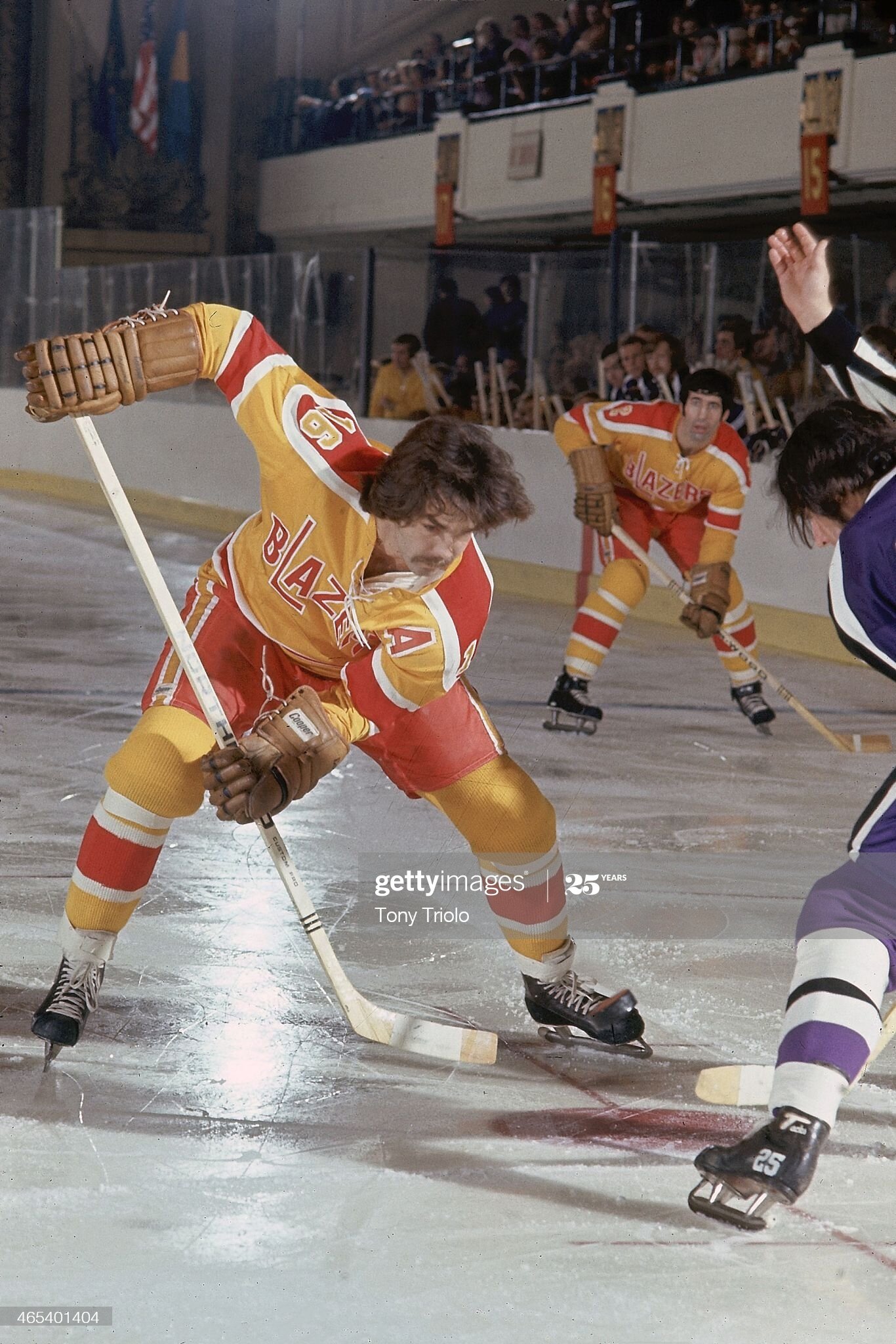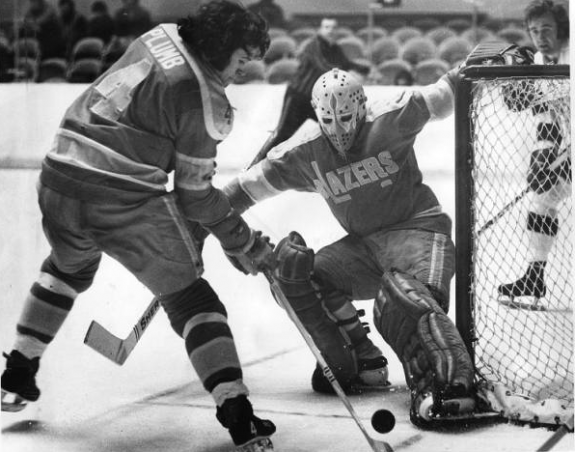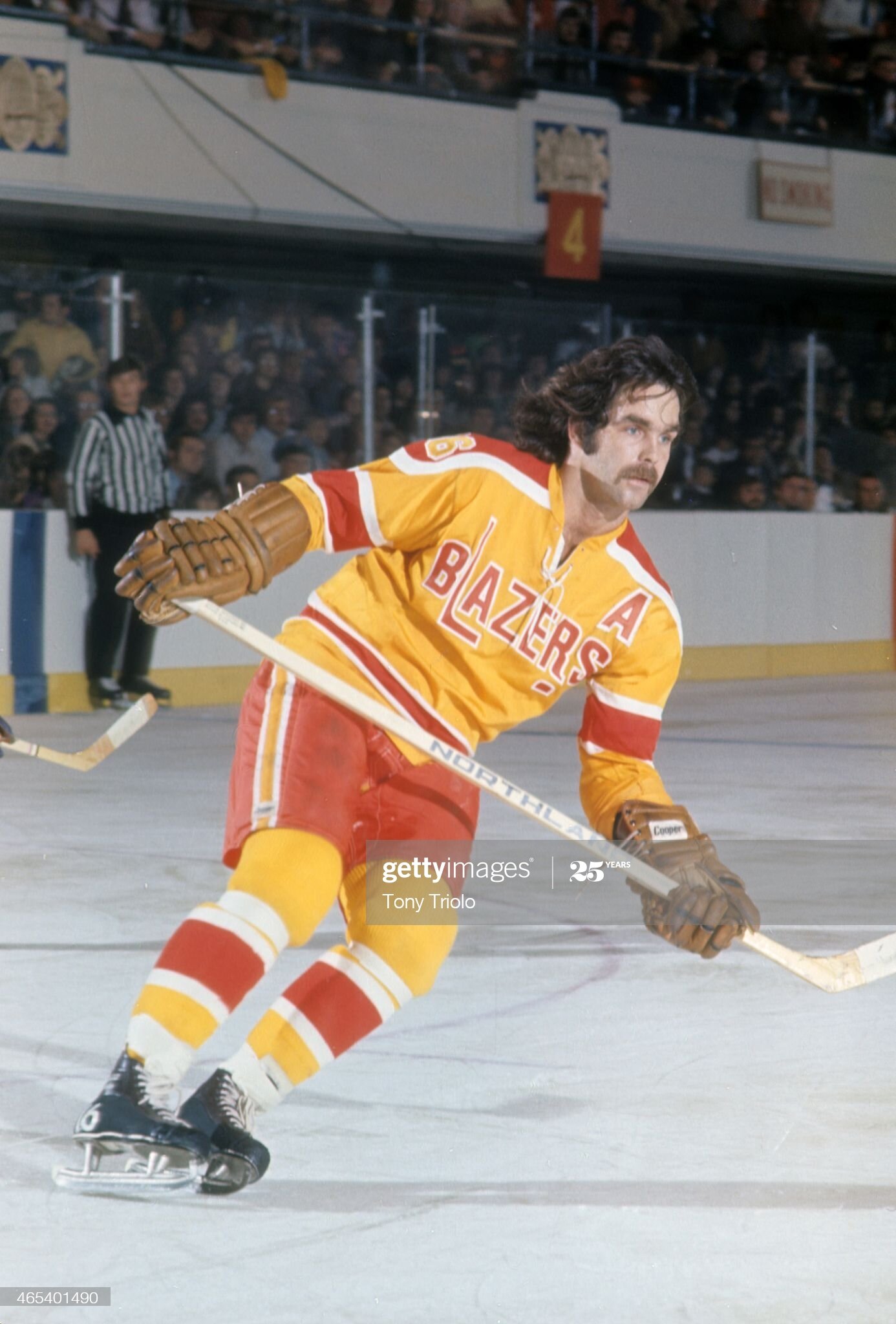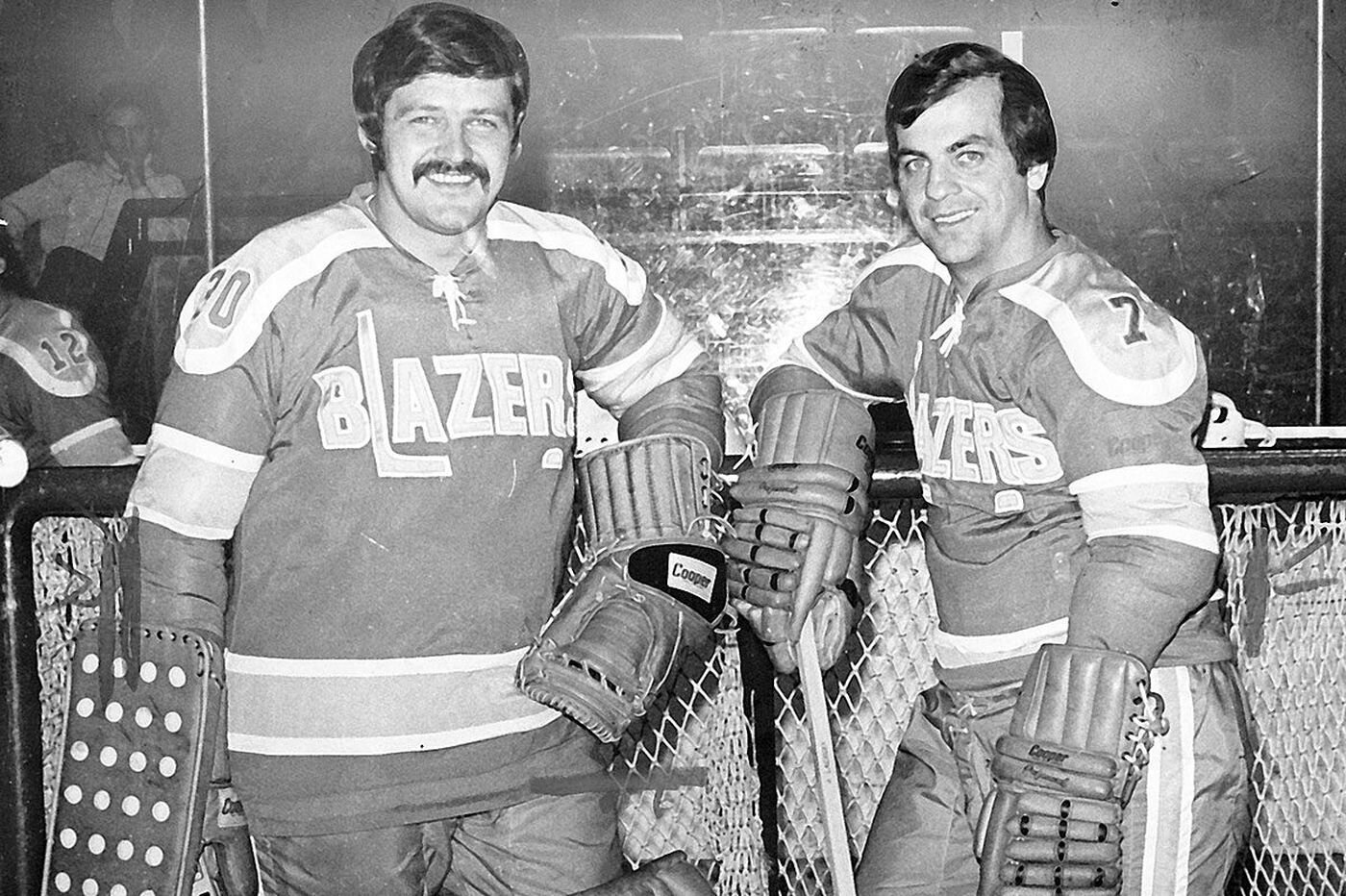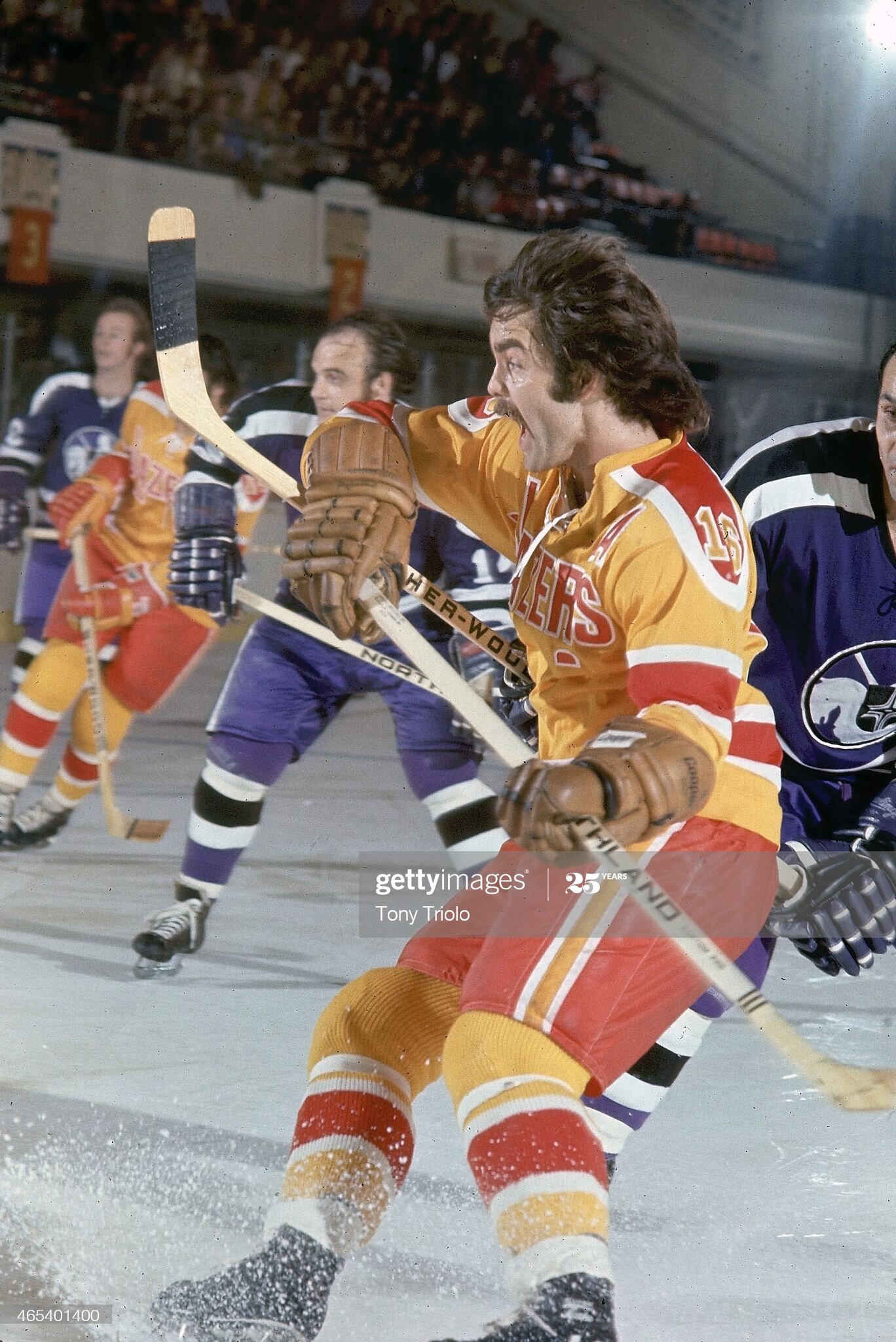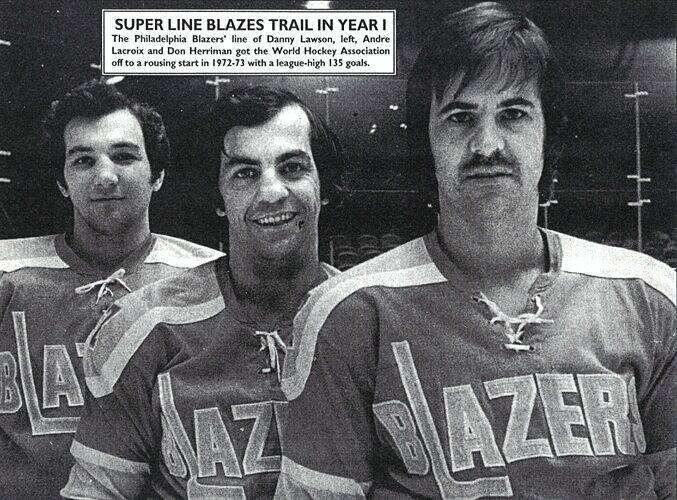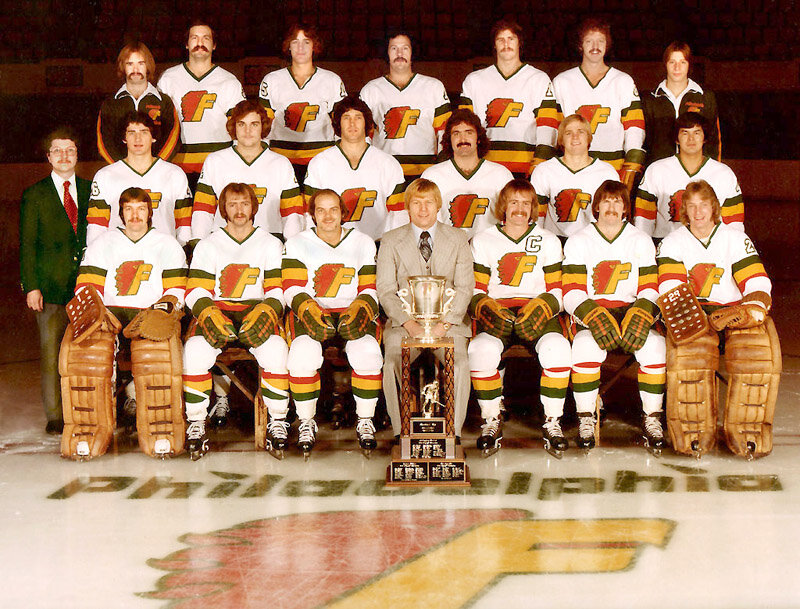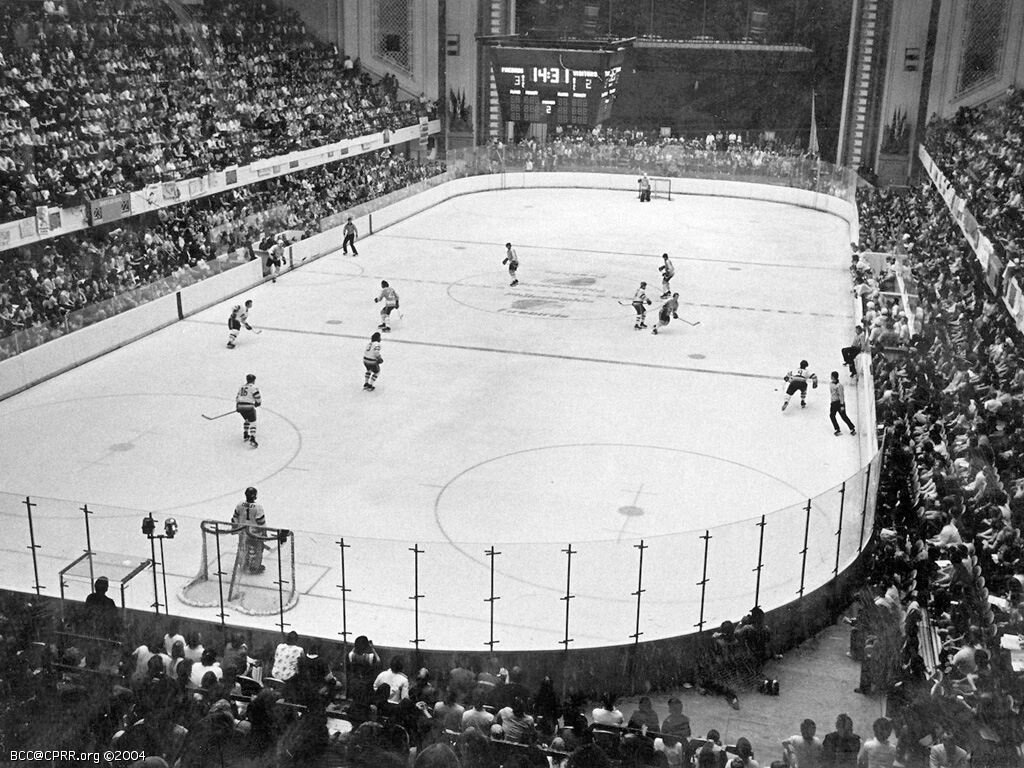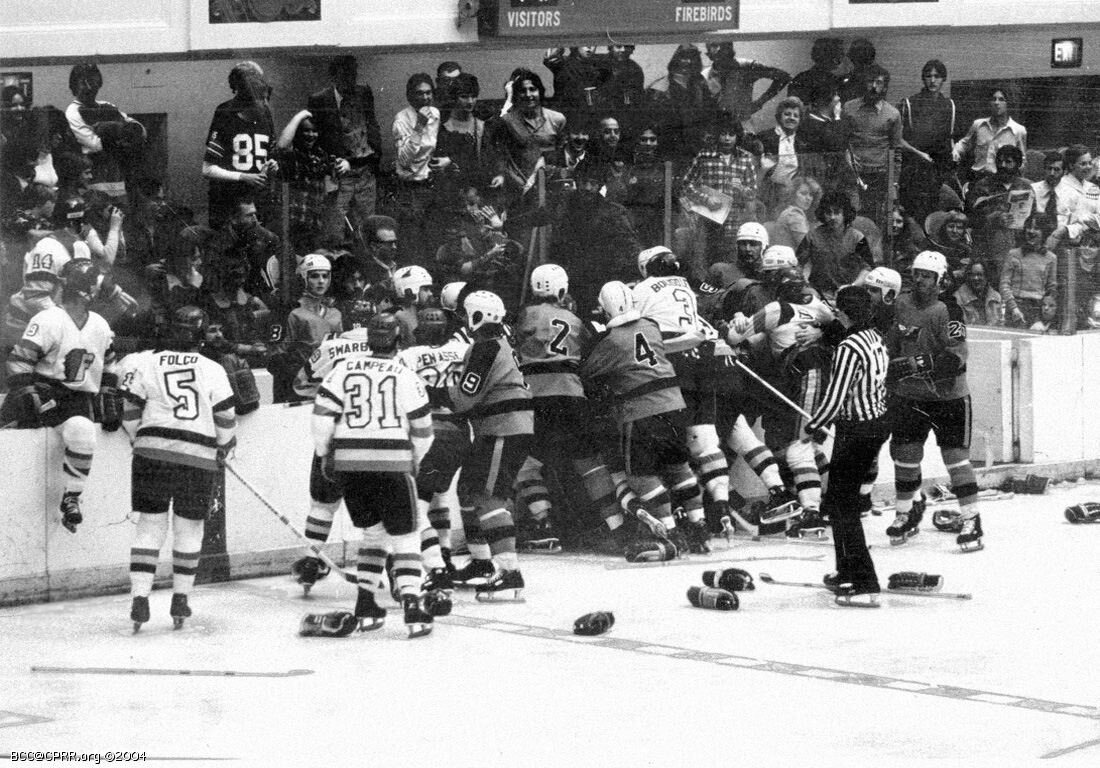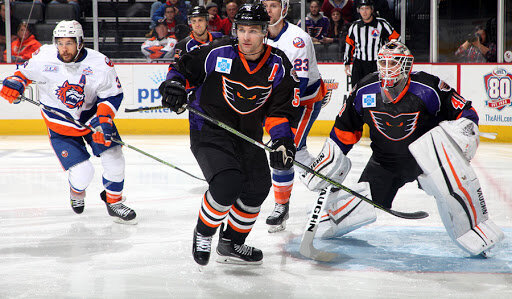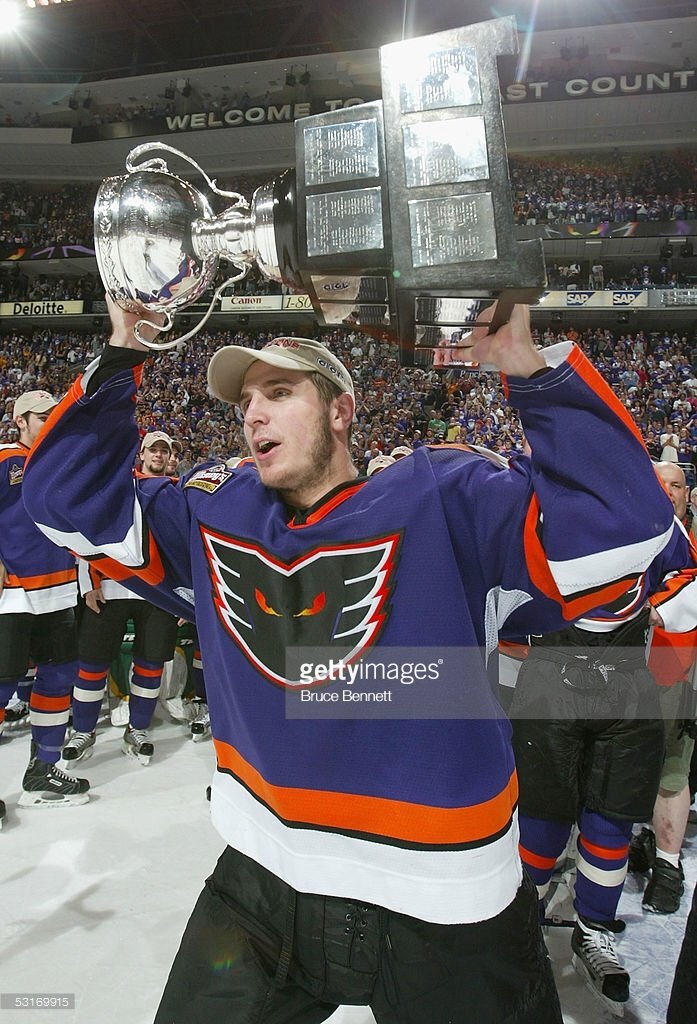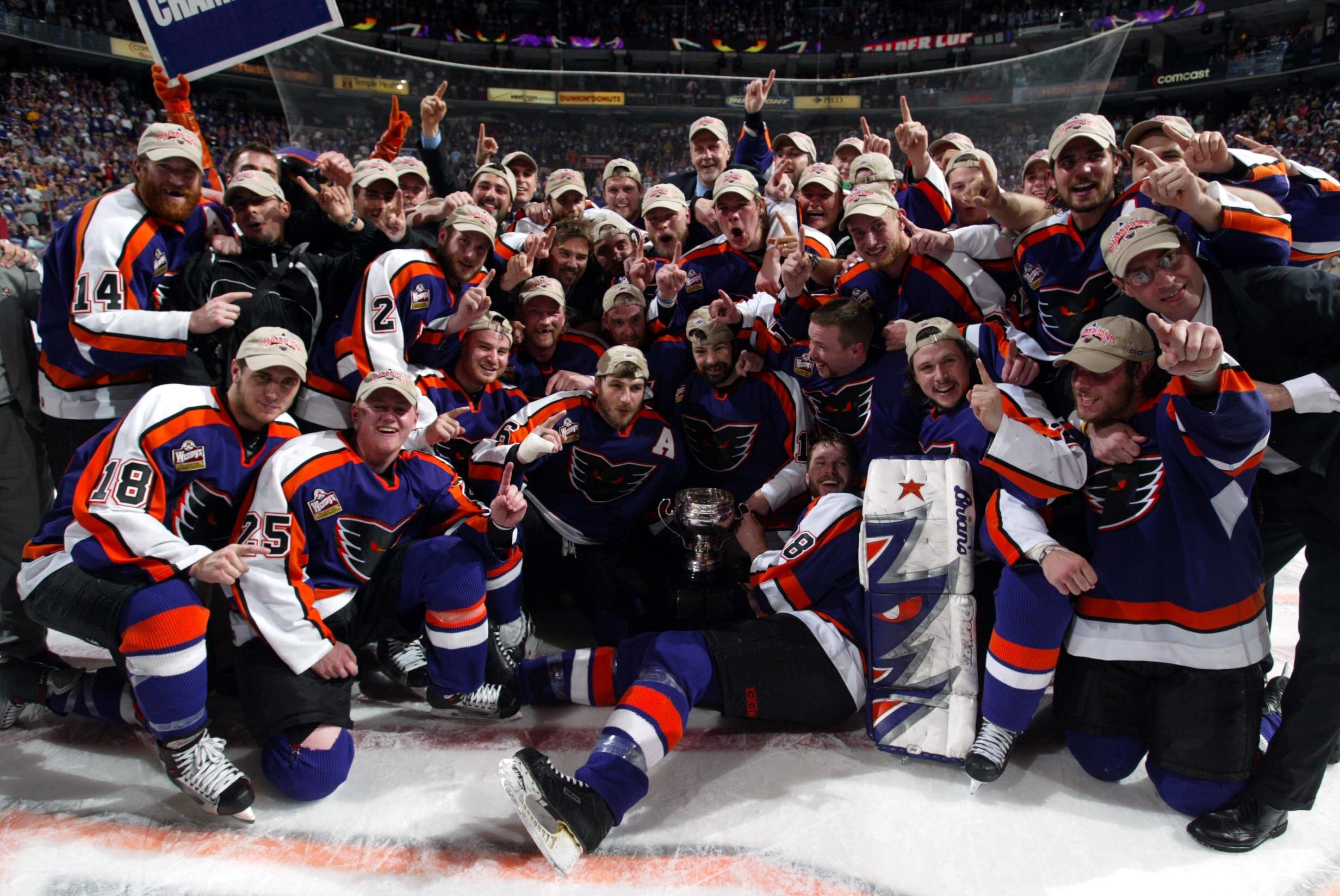We turn back the clock 48 years ago this week for a revisit of one of the most consequential contests in the history of the National Hockey League - with sports historian Ed Gruver ("The Game That Saved the NHL: The Broad Street Bullies. the Soviet Red Machine, and Super Series '76").
The dust jacket of Gruver's new book sums it up thusly:
"In late 1975 and early 1976, at the height of the Cold War, two of the Soviet Union’s long-dominant national hockey teams traveled to North America to play an eight-game series against the best teams in the National Hockey League. The culmination of the “Super Series” was reigning Soviet League champion HC CSKA Moscow’s face-off against the defending NHL champion Flyers in Philadelphia on January 11, 1976. Known as the “Red Army Club,” HC CSKA hadn’t lost a game in the series. Known as the “Broad Street Bullies,” the Flyers were determined to bring the Red Army team’s winning streak to an end with their trademark aggressive style of play.
"Based largely on interviews, Ed Gruver’s book tells the story of this epic game and series as it lays out the stakes involved: nothing less than the credibility of the NHL. If the Red Army team had completed its series sweep by defeating the two-time Stanley Cup champion Flyers, the NHL would no longer have been able to claim primacy of place in professional-level hockey. The Stanley Cup, the most famous trophy in sports, would be devalued if the Flyers fell to the Soviets. Gruver also describes how the game and series affected the styles of both Russian and NHL teams. The Soviets adopted a more physical brand of hockey, while the NHL increasingly focused on passing and speed."
